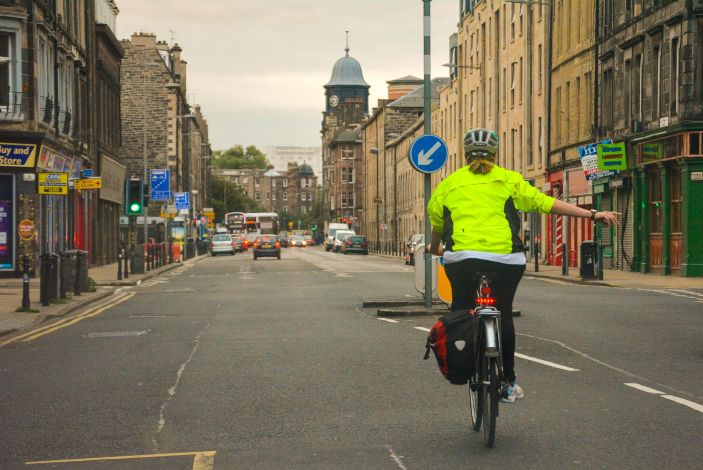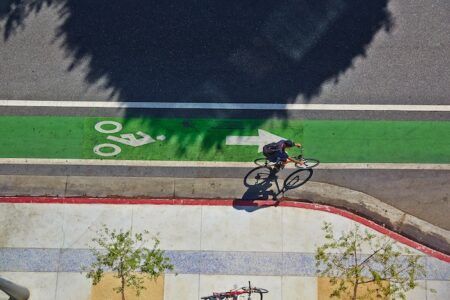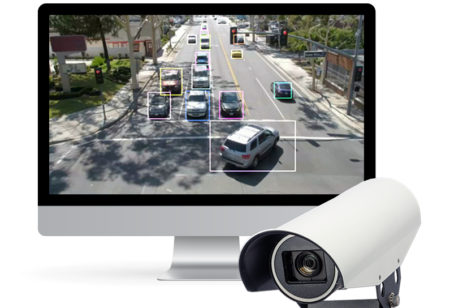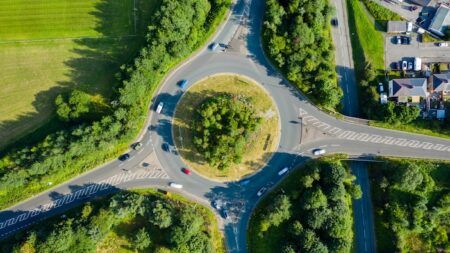Two major cycling organizations, Eco-Counter and GéoVélo, have joined forces to create a solution that will enable local authorities to gather data on the number and location of cyclists in a particular area. The idea is that improving community understanding of cycling in the city will improve the experience for cyclists.
To increase safety and encourage cycling, communities need good traffic data. While the data provided by automatic counters give an overview of the evolution of bicycle traffic at strategic points in the city, cities now want a more detailed picture of what is happening throughout their territory. This includes origin/destination, average speed and average distance.
To do this, cities need to combine existing data (bike counts) with GPS traces, and more specifically, extrapolate traces with bike counts. That is why Eco-Counter and GeoVelo have decided to join forces.
Several projects have already been carried out with this ambition through various applications, but the user sample is often biased or not large enough. This new solution enables communities to benefit from a complete view on bicycle traffic, with meaningful data.
“The Geovelo application brings together a wide variety of users,” explains Ronan Bouquet, managing director of Géovélo. “It is sufficiently engaging to have a representative and qualitative sample. The data extrapolation made through bicycle counts can then be done with a good level of confidence and provides unique information to urban planners.”
“This partnership will enable us to offer our customers geolocated and anonymized user data, scaled with count data from our counters,” adds Enrico Durbano, CEO of Eco-Counter. “The power of this solution will provide our customers with new possibilities to exploit data and improve user experience.”





